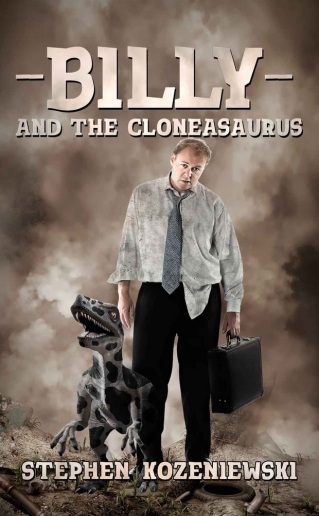
Southern gothic horror is uniquely (under-appreciated!) American literature, and too often written by white men. Imagine my surprise when stumbling across Eden Royce’s self-published anthology collection on GoodReads. A black horror author with roots in Hoodoo/Conjure. Yasssss. I downloaded her book without hesitation and read it while listening to my old delta blues records. The proper way to enjoy a southern gothic is on a porch swing while the sweet, idle songs from grasshoppers rise up from the brush. Unfortunately, congested, downtown Chicago makes that impossible. So listening to Skip James was the next best thang, y’all. I’m also a little homesick and I miss my Gulf side of Texas. Reading “Spook Lights” was the perfect escapism for this reluctant city gal.
Connect with the author on
@edenroyce on Twitter or her website, edenroyce.com, or blog
Or better, just buy her book on Amazon or Lulu
There are 12 short stories in all, but my three favorites were “Doc Buzzard’s Coffin,” “Hag Ride,” and “The Choking Kind.” Royce’s melodic writing is full of texture, atmosphere, and characters that invoke the South. I felt the swelter and stale, human sweat rise through each word. Descriptive language meets Black folklore to create a leisurely atmosphere. Think ghost stories told around the campfire. Think of the fairytales your grandmother read to you when you were a child. Reading Spook Lights is more of an experience best enjoyed when not rushed. The horror element is subtle, often ironic, and I found myself able to predict most of the stories’ conclusions, however, the author’s charm and folksy delivery kept me squirming in my seat until the end of them. Most of the short stories are cautionary tales, where the main character often does something stupid, only to be punished or chastised by a vengeful spirit or magical spell later. There’s Hoodoo, Voodoo, murders driven by passion, and quests for revenge.
There’s also strong thread of female (often motherly) wisdom and jilted love in this collection. I appreciated the strong female protagonists of color. The women were often victims of their own making, but learned along the way how to find themselves. You don’t have to be from the south, Black, or a woman to understand the overall concept of this book, which I love. The author does a lovely job blending mythology for contemporary tastes. This is a book to kick back with and savor, bit by bit. It’s down-to-earth, like crackling bacon grease in a hot pan or like cold, tap water from the kitchen sink. Let the stories do the heavy lifting for you–Royce’s subtlety is masterful.
I enjoyed Spook Lights for its storytelling, not necessarily for innovation, horror, or plots. That said, I’m giving this anthology collection a solid 5/5. I heartily recommend Spook Lights to those looking for an enjoyable read rich with Southern atmosphere and non-traditional folktales told from Native American, Black, and a Caribbean perspective. Eden Royce’s ability to entertain is a dream. I will be reading more of her work.







